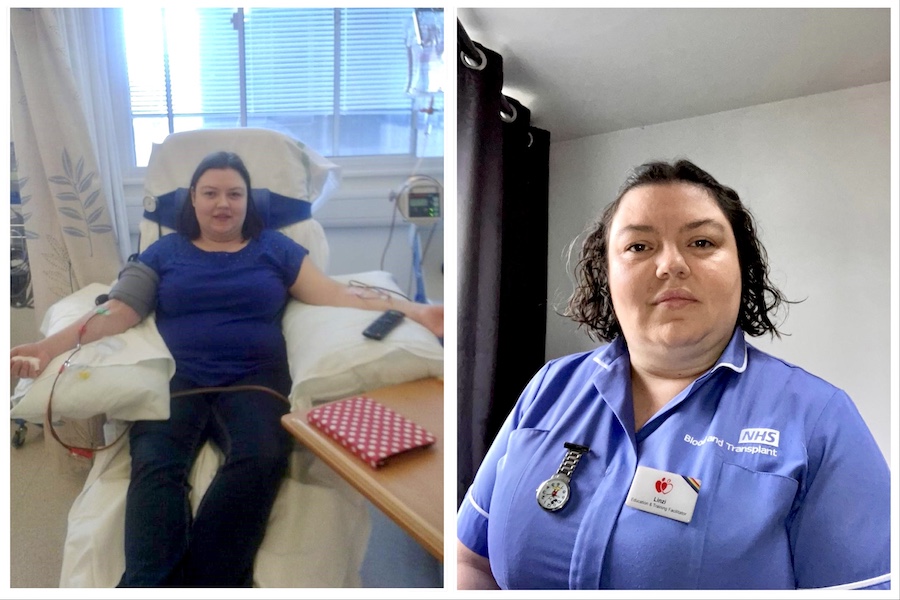Happy 75th birthday NHS – how a local hospital kickstarted the National Health Service we know today
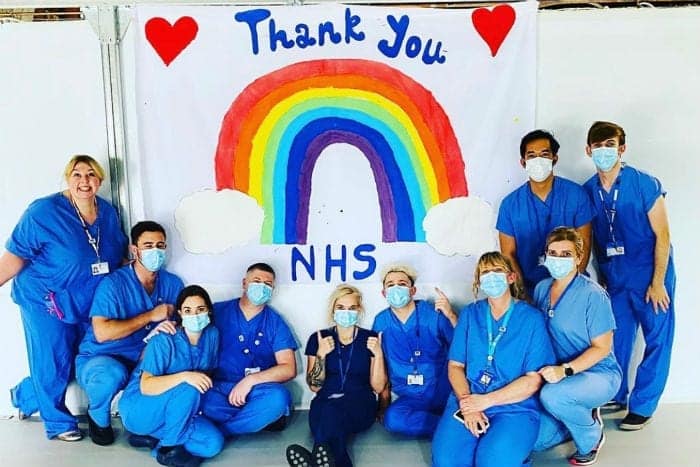
Located in Manchester, this institution holds a special place in the nation’s healthcare history as the birthplace of the NHS.
Today, as the world faces new challenges, the principles established at Trafford General remain more important than ever.
The History of Trafford General
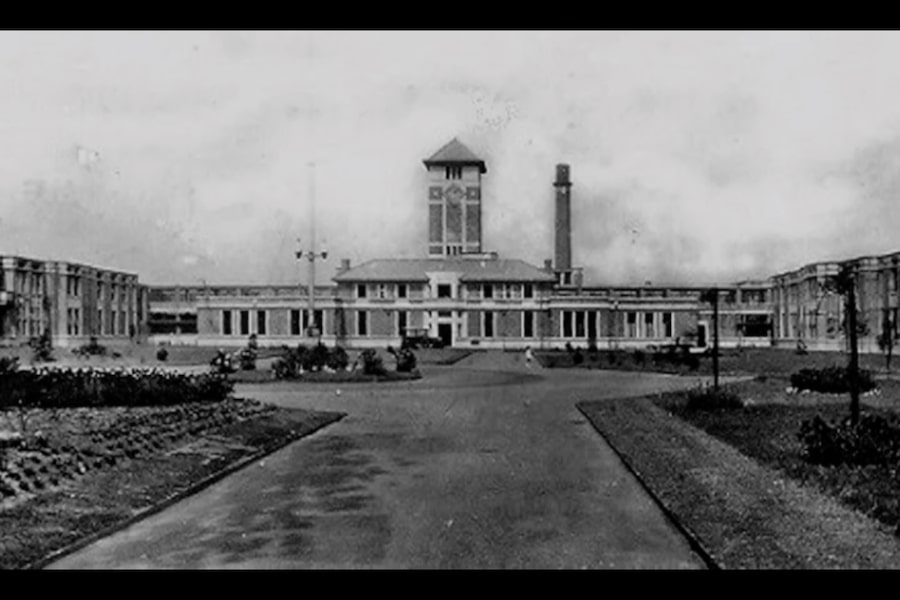
In 1926, work began to build what is now known as Trafford General Hospital.
It was initiated by the Barton upon-Irwell Union, a body created in 1849 as part of a requirement for each parish to create unions that would provide for the area’s poor
Trainee nurses at Park Hospital (now Trafford General) the birthplace of the NHS.
Davyhulme, Greater Manchester, 1967.
Photo © George Shepherd.#NHS75 pic.twitter.com/K3WZKJV1vj
— British Culture Archive (@britcultarchive) July 5, 2023
The hospital first opened to patients on the 17th of December 1928 as Park Hospital and was officially opened by the first Princess Royal (HRH Princess Mary, Viscountess Lascelles) on 1st June 1929.
The hospital was used by the armed forces from September 1939, during World Ward II, initially as a British military hospital.
The first casualties arrived in early 1940 following the German invasion of Norway.
The Commanding Officer was Colonel Dr Danny Dougal who, out of military service, was a consultant in Obstetrics at Saint Mary’s Hospital, Manchester.
In November 1943, the hospital was then transferred to the US Army, becoming the 10th US Station Hospital and treating service personnel from across the world. Glen Miller and his US Army Air Force Band entertained troops on the lawns.
The Americans left in July 1945 and the hospital returned to the care of Lancashire County Council.
On 5th July 1948, the hospital was officially opened by Aneurin Bevan as the first NHS hospital.
During his historic visit, Bevan symbolically received the keys from Lancashire County Council to mark the creation of the NHS.
Sylvia Diggory became the very first NHS patient to be treated at the hospital, aged 13.
The Historical Context
Happy 75th Birthday to the @NHSuk
Trafford General Hospital (built 1926-28) is known as the birthplace of the NHS. On this day in 1948, the hospital was symbolically handed over to health minister Nye Bevan, thus becoming the first in the world to offer free healthcare to all. pic.twitter.com/NfGDryAuKE
— ManchesterHist (@McrHistory) July 5, 2023
In the aftermath of World War II, Britain embarked on a transformative journey towards a comprehensive and accessible healthcare system for all.
Years of planning and discussion culminated in the introduction of the NHS on July 5, 1948.
At the forefront of this milestone was Trafford General Hospital, chosen as the symbolic launch site due to its progressive approach to healthcare.
Trafford General Hospital had already established itself as a pioneer in providing comprehensive healthcare services free of charge to its local population before the creation of the NHS.
The hospital’s ethos aligned closely with the core principles that the NHS would embody: universal access to care, healthcare as a right rather than a privilege, and the provision of services based on need rather than the ability to pay.
The Key Role of Trafford General Hospital
Andy is celebrating #NHS70 here at the birthplace of the NHS – Trafford General Hospital.
The Mayor is retracing the footsteps of Aneurin Bevan who inaugurated the NHS here exactly 70 years ago. pic.twitter.com/HZpfmMfdyF
— Mayor of Greater Manchester (@MayorofGM) July 5, 2018
On that historic day in 1948, Aneurin Bevan, the Minister of Health, handed over the keys of the Trafford General Hospital to symbolise the transfer of control from the local authority to the newly formed NHS.
This gesture acknowledged the hospital’s pivotal role in shaping the future of healthcare in the UK.
In 1988, Park Hospital was renamed Trafford General Hospital in celebration of the 40th anniversary of its opening.
The first NHS patient, Sylvia Diggory, unveiled a plaque in commemoration.
The first baby to be born under the NHS, Sandra Pook, also attended. In 2008 the Trafford Diabetes Centre was opened after successful fundraising of £250,000, helped by local people.
On 1 st April 2012, Altrincham Hospital along with Trafford General Hospital and Stretford Memorial became part of Central Manchester University Hospitals NHS Foundation Trust
The Enduring Significance
https://twitter.com/C20Society/status/1676471196697624577?s=20
The principles established at Trafford General Hospital and enshrined within the NHS continue to hold immense importance in modern British society.
As we navigate an ever-changing world, the core values of universal healthcare, equitable access, and high-quality medical services remain vital.
The COVID-19 pandemic, in particular, has underscored the indispensability of a robust and accessible healthcare system.
The NHS Today
Today, the NHS stands as a beacon of hope, a testament to the strength of a nation’s commitment to the well-being of its people.
It provides comprehensive healthcare services ranging from primary care to specialised treatments, free at the point of use.
The tireless efforts of NHS staff, who work tirelessly to care for patients in times of crisis and beyond, further exemplify the enduring spirit of the NHS.
Trafford General Hospital’s role as the birthplace of the NHS cements its place in history and serves as a reminder of the values that underpin the healthcare system.
As the NHS celebrates its 75th anniversary, it is more important than ever to cherish and protect this invaluable institution.
By upholding the principles established at Trafford General Hospital, we can ensure that future generations continue to benefit from accessible, equitable, and world-class healthcare services.
- This article was last updated 2 years ago.
- It was first published on 5 July 2023 and is subject to be updated from time to time. Please refresh or return to see the latest version.
Did we miss something? Let us know: press@ilovemanchester.com
Want to be the first to receive all the latest news stories, what’s on and events from the heart of Manchester? Sign up here.
Manchester is a successful city, but many people suffer. I Love Manchester helps raise awareness and funds to help improve the lives and prospects of people across Greater Manchester – and we can’t do it without your help. So please support us with what you can so we can continue to spread the love. Thank you in advance!
An email you’ll love. Subscribe to our newsletter to get the latest news stories delivered direct to your inbox.
Got a story worth sharing?
What’s the story? We are all ears when it comes to positive news and inspiring stories. You can send story ideas to press@ilovemanchester.com
While we can’t guarantee to publish everything, we will always consider any enquiry or idea that promotes:
- Independent new openings
- Human interest
- Not-for-profit organisations
- Community Interest Companies (CiCs) and projects
- Charities and charitable initiatives
- Affordability and offers saving people over 20%
For anything else, don’t hesitate to get in touch with us about advertorials (from £350+VAT) and advertising opportunities: advertise@ilovemanchester.com

Martyn’s Law set to be granted royal assent today to protect venues from terror attacks
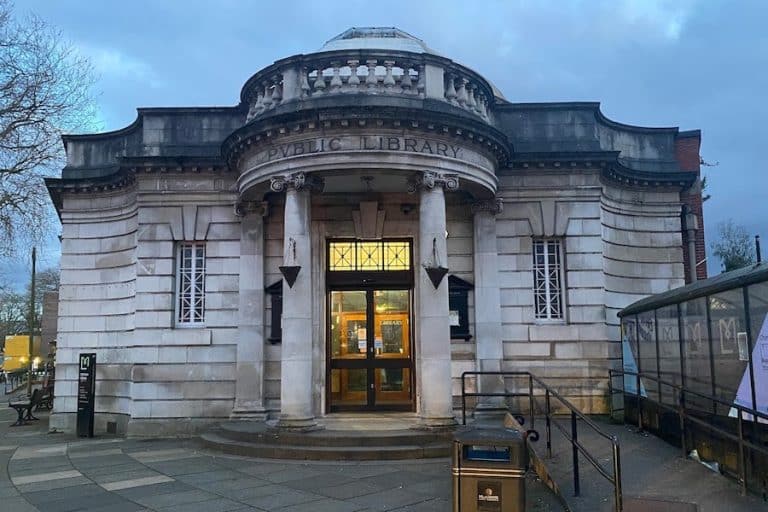
Chorlton Library gets a stunning renovation unveiling hidden treasures
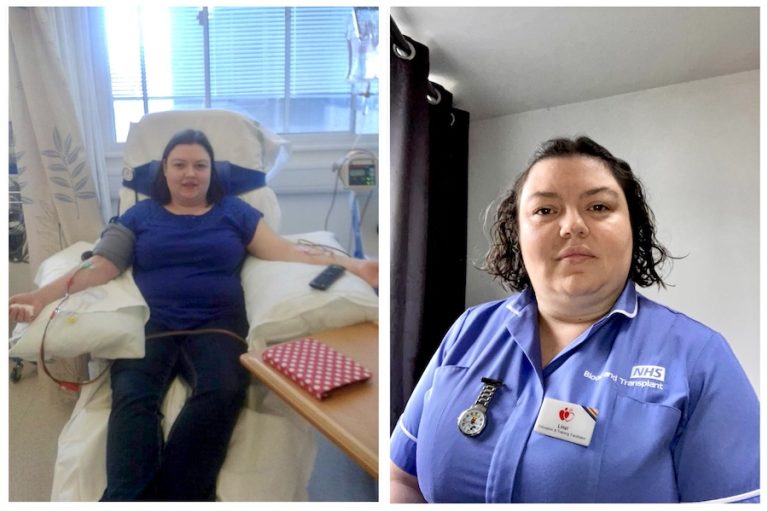
How one selfless act sparked a career dedicated to saving lives


Manchester and Los Angeles prove that opposites really do attract









